US lawmakers insist on slapping more Russia sanctions
US lawmakers have stepped up pressure on Russia after President Donald Trump’s administration unveiled new sanctions against Moscow.
“We plan to impose a very severe second round of sanctions” on Russia, Manisha Singh, assistant secretary for the State Department’s Bureau of Economic and Business Affairs, told lawmakers at a House committee hearing on Thursday.
Members of Congress had complained that the Trump administration had been too reluctant in slapping sanctions on Russia for Moscow's alleged use of a nerve agent on a former spy in the UK city of Salisbury.
Trump favored improving relations with Russian President Vladimir Putin.
According to Singh, the Trump administration had now devised a more pressing round of sanctions against Russia to be imposed in November.
The fresh sanctions aimed at strengthening election security, ahead of midterm congressional elections in November.
It will include “banking sanctions, prohibition on procurement of defense articles, aid money -- it’s a laundry list of items that will penalize the Russian government,” the state official said.
She said Russia could avoid the sanctions if it allowed the United Nations to conduct “inspections and receive an affirmation that [Russia] will not use nerve agents on people anymore,” she said.
Singh noted Russia would not be subjected to fresh sanctions if it provided inspectors with “verifiable” assurances.
If the November deadline is missed, the new sanctions will automatically go into effect, Singh explained.
The first round of sanctions had limited exports to Russia of US goods and technology considered sensitive on national security grounds, including electronics, lasers and some specialized oil and gas production technologies.
Singh estimated that the damage caused to Russia by the US sanctions amounted to “tens of billions of dollars."
Clear message
US Treasury Department’s assistant secretary, Marshall Billingslea, said “the message has been sent very clearly by the Treasury Department... there will be consequences and costs" for the Russian nation if the Kremlin does not change its behavior.
Analysts believe that anti-Russia sanctions contradict Trump’s initial efforts aimed at a more conciliatory approach towards Russia.
Meanwhile, Ed Royce, a Republican lawmaker for California claimed that the Trump administration had not been doing enough to hold the Russian president accountable for his deeds.
"We cannot expect [President] Vladimir Putin and his corrupt associates to change their behavior in Syria, Ukraine, or anywhere else until we prove we will hold them to account," he insisted.

"Those still engaged in significant business with designated Russian individuals and entities need to pay a price.”
Members of Congress have been accusing Trump of being too slow to impose penalties on Russia as he emphasizes improving relations with President Putin.
Yemeni army strikes Israeli military sites with drones
‘Clock ticking’: UNRWA slams unjustifiable killing of children in Gaza
BP to be sued in Britain for supplying oil to Israel
VIDEO | Press TV's news headlines
Israeli strikes on north Gaza hospital ‘extremely dangerous, terrifying’: Director
VIDEO | Yemen targets Tel Aviv with Palestine 2 missiles
Pezeshkian: Iran resolved to complete North-South Transport Corridor
VIDEO | Iran-Syria: For Resistance


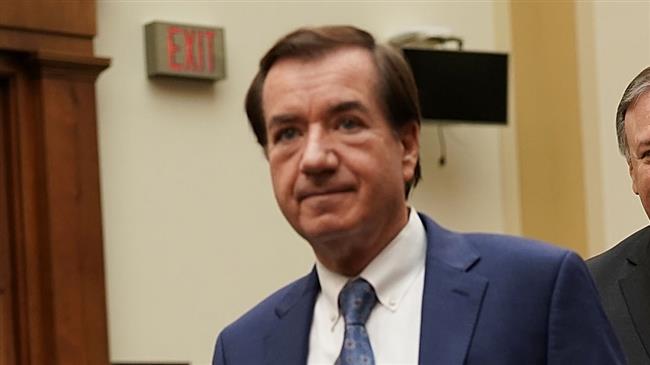






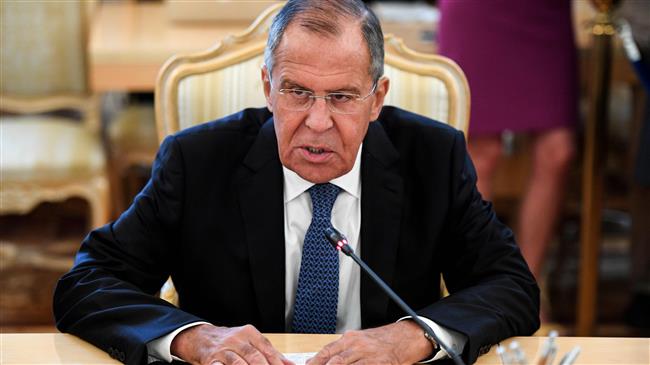
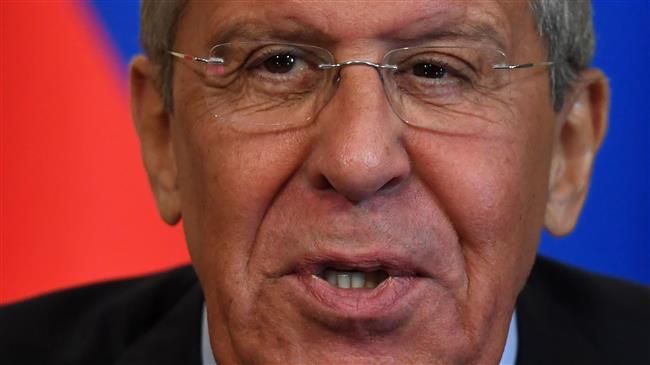
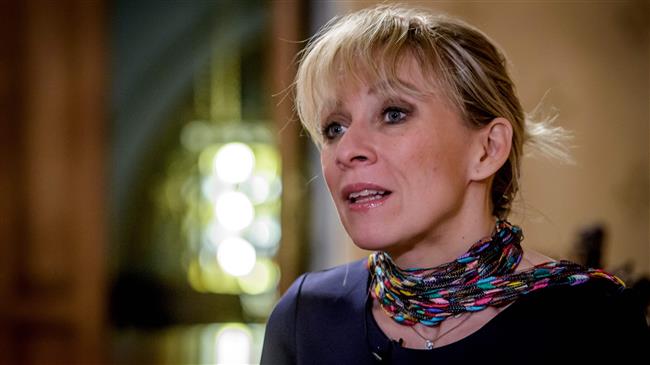
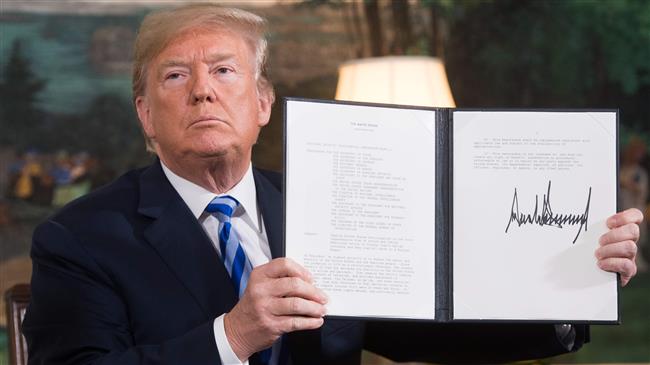
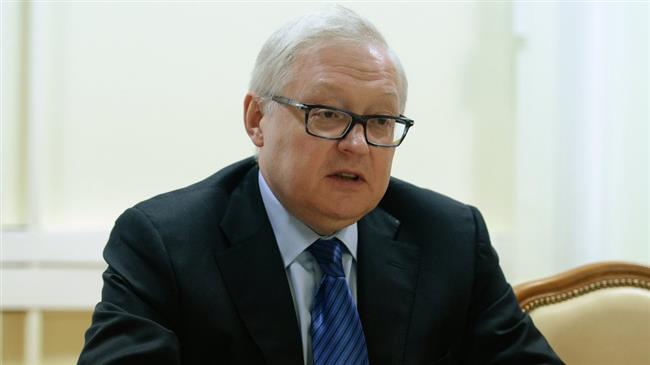

 This makes it easy to access the Press TV website
This makes it easy to access the Press TV website